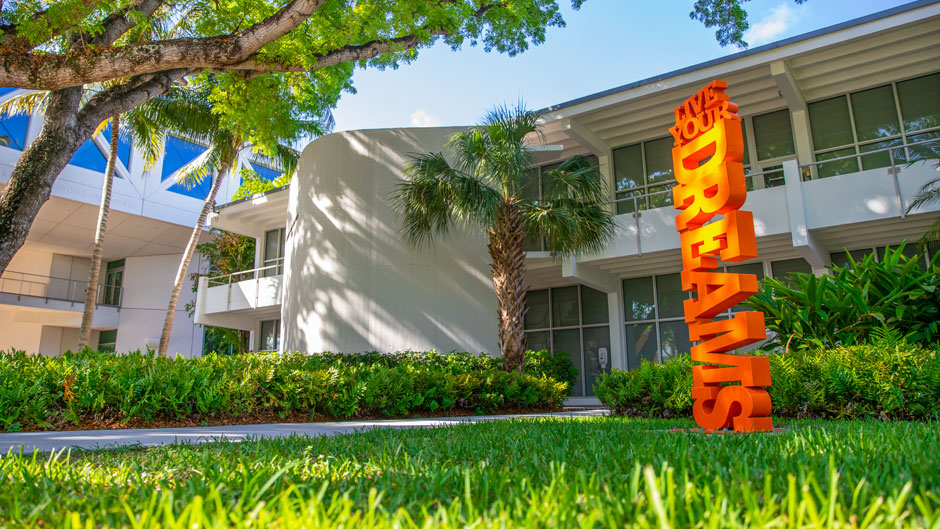Martin Luther King, Jr. once said, “If you can't fly then run, if you can't run then walk, if you can't walk then crawl, but whatever you do you have to keep moving forward.”
Jeanette Thompson, a lecturer of vocal performance at the University of Miami Frost School of Music, read King’s powerful quote at the conclusion of the webinar “Music, Memory, Monuments: A Roundtable Discussion on Historical Names and Symbols,” which was hosted Tuesday by the school. The panel, moderated by Melvin Butler, associate professor of musicology and co-chair of the School Culture, Equity, and Diversity Advisory Committee brought together a variety of voices in an effort to continue sparking social change.
“Since the killing of George Floyd, there has been a heightened awareness in the United States of racist white supremacy that has also long plagued institutions of higher learning,” explained Butler. “Here at Frost, we want to make progress on what interventions we should be making as we strive toward the ideals of diversity, equity, and inclusion within our institution and our broader communities.”
One of the subjects touched upon during the roundtable was the issue of racist ballads created by well-known musicians that are still being taught in music curriculum today. Alexandria DeWalt, a senior pursing a degree in studio music and jazz voice, believes that more music history should be implemented to better inform students.
“If we are more educated on the history of our music and are more aware of the racism that some of it has, then we'll just be better musicians and better humans,” she said.
Because it has come to light that racist caricatures and demeaning stereotypes were used to promote and sell Henry Fillmore’s trombone compositions, the Frost School Culture, Equity, and Diversity Advisory Committee has called for the renaming of the Fillmore Band Hall, which is a rehearsal space at the school.
In a separate University led webinar on Wednesday evening titled, “Courageous Conversations: Finding Common Ground and Building Community,” President Julio Frenk, who formed a special committee last fall to make recommendations about the naming and/or unnaming of historic campus buildings and spaces, including Fillmore Hall, shared that he anticipates we will have a decision by the Board of Trustees sometime next month.
Timothy Connor, associate professor of practice at the Frost, is happy to see that conversations of racial justice continue to be a lasting topic.
“What I appreciate about where we're at now is that this conversation seems to be lasting for the first time in my life, even several months after George Floyd. It can be exhausting, but I’ve told my students to not give up because if you push through it, you can grow and start to be a part of something that truly matters,” said Connor.
Thompson noted that it is valuable to remember the past and learn from it. “We can't just let the past be the past and move on. We have to first address the past, so we can embrace the future with a new mind and a new heart,” she explained.
Butler pointed out that the roundtable is “one small piece of a longer conversation that we're committed to continuing as a University—in different forms including Zoom panels and town halls—in an effort to keep the conversation going.”
Steven Moore, associate dean of undergraduate studies at the school, is proud to have students like DeWalt and many others who are passionate about sparking change.
“I have to say I feel a great amount of hope seeing our student body and how they interact with each other about these important conversations,” Moore said. “I’m so thrilled that we are taking this step in the right direction, and I’m ready to do the hard work. And I’m confident that the school, as a whole, is ready to do so as well.”

